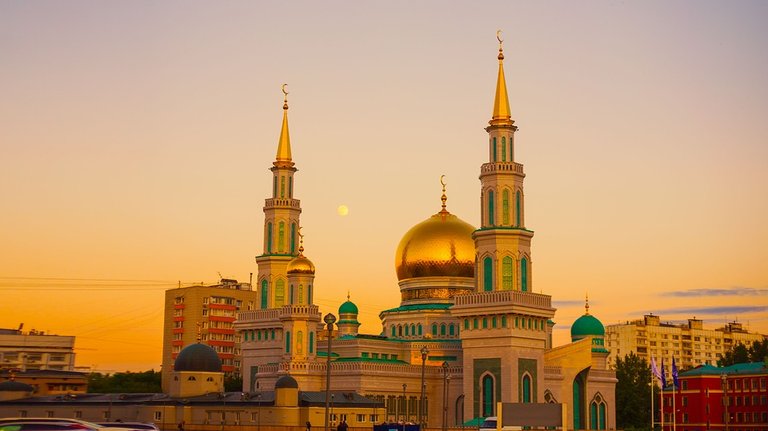Islam in Bangladesh (i).
As far back as Sufism turned into a mainstream development, devout men of remarkable identity presumed to have blessings ofmiraculous powers have discovered pupils (muTids) running to them. The supporter can be a sort of lay partner acquiring his living in common occupations, counseling the piT or mUTshid now and again, partaking in religious services, and makingcontributions to the help ofthe mUTshid. What's more, he might be started into a fraternity that promises its commitment to the mUTshid, lives in close relationship with him, and takes part in devout activities expected to realize enchanted illumination.
The Qadiri, Naqshbandi, and Chishti orders were among the most boundless Sufi requests in Bangladesh in the late 1980s. The convictions and practices of the initial two are very near those of conventional Islam; the third, established in Ajmer, India, is impossible to miss to the subcontinent and has a number ofunorthodox rehearses, for example, the utilization of music in its ceremony. Its positions have included numerous artists and artists.

PiTs don't accomplish their office through agreement and don't regularly work as network delegates. The villager may anticipate that a piT will prompt him and offer motivation however would not anticipate that him will lead mutual petitions or convey the week after week lesson at the neighborhood mosque. A few piTs, be that as it may, are ]known to have taken a functioning enthusiasm for governmental issues either by running for open office or by supporting different hopefuls. For instance, Pir Hafizi Huzur kept running as a possibility for president in the 1986 race. ThepiTs ofAtroshi and Sarsina clearly additionally applied some political impact. Their guests have included presidents and bureau clergymen.
In spite of the fact that a formal association ofordained clerics has no premise in Islam, an assortment offunctionaries perform numerous ofthe obligations expectedly connected with a church and serve, in actuality, as ministers. One gathering, referred to all things considered as the ulama, has generally given the customary administration of the network. The ulama informally decipher and direct religious law. Their power lays on their insight into sharia, the corpus of Islamic statute that experienced childhood in the hundreds of years following the Prophet's demise.
বাংলাদেশ নিয়ে অনেক ভালো লিখেছেন আপনি।
Congratulations!
Steemit Bangladesh Discord Server.This post has been upvoted from Steemit Bangladesh, @steemitbd. It's the first steemit community project run by Bangladeshi steemians to empower youths from Bangladesh through STEEM blockchain. If you are from Bangladesh and looking for community support, Join
If you would like to delegate to the Steemit Bangladesh, you can do so by clicking on the following links:
50 SP, 100 SP, 250 SP, 500 SP, 1000 SP.
YOU ARE INVITED TO JOIN THE SERVER!